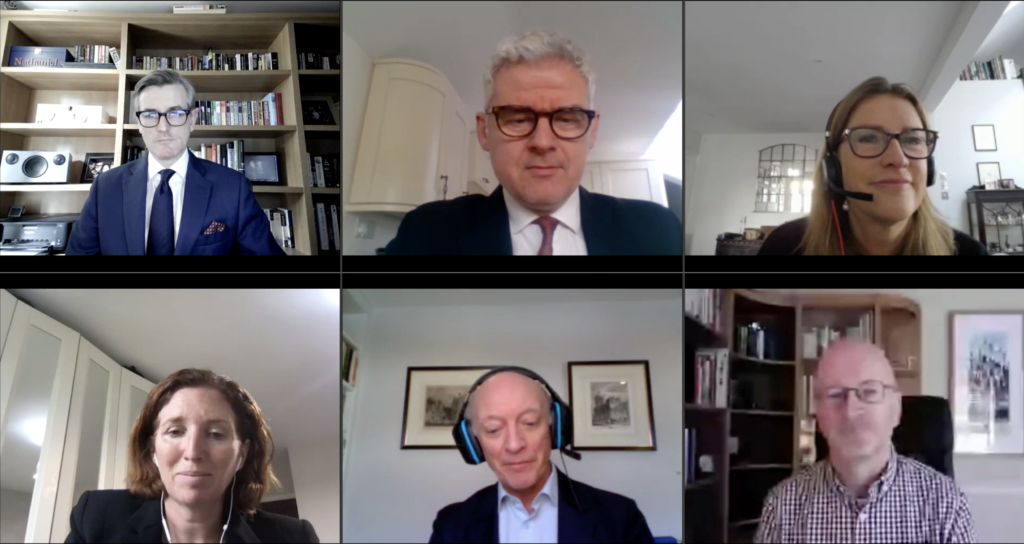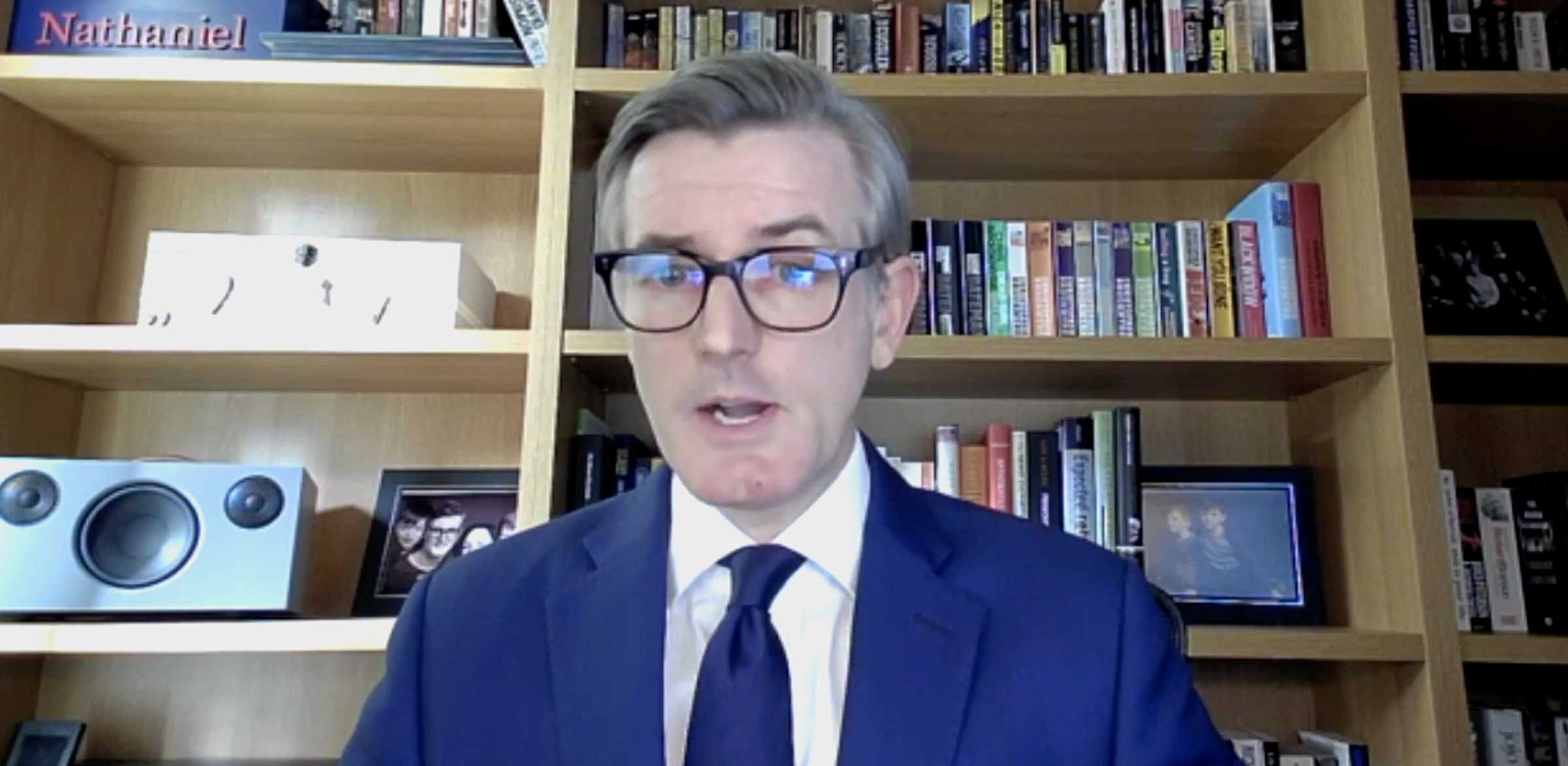
When the government debt caused by the pandemic is eventually tackled there may be a huge impact on assets of all classes, according to a leading investment expert in the Local Government Pension Scheme (LGPS).
Speaking as part of the Room151 LGPS Winter 2021 webinar , David Vickers, chief investment officer at Brunel Pension Partnership, issued a warning about central banks turning their attention to their bond buying programmes.
“The significant question, I guess, to ask of the implications of this debt, is how the central banks extract themselves.”
He added: “We do have to think very carefully about governments and central banks and their actions and, quite frankly, their credibility.
“Because the world we inhabit today is one which is much more interest rate sensitive than it has been for a very long time. And that is across all asset classes.”
Vickers pointed to two occasions when central bank policy changes in the US led to big reactions. The biggest, in 2013, became known as the “taper tantrum” as markets panicked following a rise in bond yields after the then chair of the Federal Reserve, Ben Bernanke, revealed that a reduction in the purchase of Treasury bonds was under consideration.
The other came in 2018. “The merest hint, quite frankly, of the Federal Reserve extracting themselves from their bond buying programme in 2018, which is a full 10 years after the global financial crisis, meant quite a big retrenchment and turmoil in all asset classes, including equities,” said Vickers.

Since March of last year the European Central Bank has been engaged in the Pandemic Emergency Purchase Programme earmarking €1.85trn to buy public and private sector debt.
“The question here again,” said Vickers, “is how does the central bank extract itself? Does the market have the stomach for governments and central banks to start standing back at a time when they have become—since the global finance crisis—very comfortable with central banks stepping in.”
Vickers said fund managers should consider the “outlook” for fixed income asset classes. There is, he said, “duration sensitivity that is really inbuilt, much greater than it perhaps has been before.”
He also said LGPS should be seriously considering the role of bonds in their portfolios, “because there is a lot of thought out there, which is very plausible, that they will not play the same diversification roles they have historically, which changes the risk characteristics of your portfolio.”
The discussion also turned to corporate fixed income. Felicity Percy, head of strategy, EMEA fixed income, at BlackRock said fixed income investors now had some influence over ESG issues and climate change when they go to the markets.
“We do have power,” she said, to consider where companies are headed with their integration of ESG.
She said this was not only important when considering individual companies, but also at the portfolio level.
“This isn’t just about ESG, or labelling,” she said, “it’s actually about better management of our risk portfolio.”
To see the full discussion click here .
FREE monthly newsletters
Subscribe to Room151 Newsletters
Room151 Linkedin Community
Join here
Monthly Online Treasury Briefing
Sign up here with a .gov.uk email address
Room151 Webinars
Visit the Room151 channel
ECB Photo by bruno neurath-wilson on Unsplash












